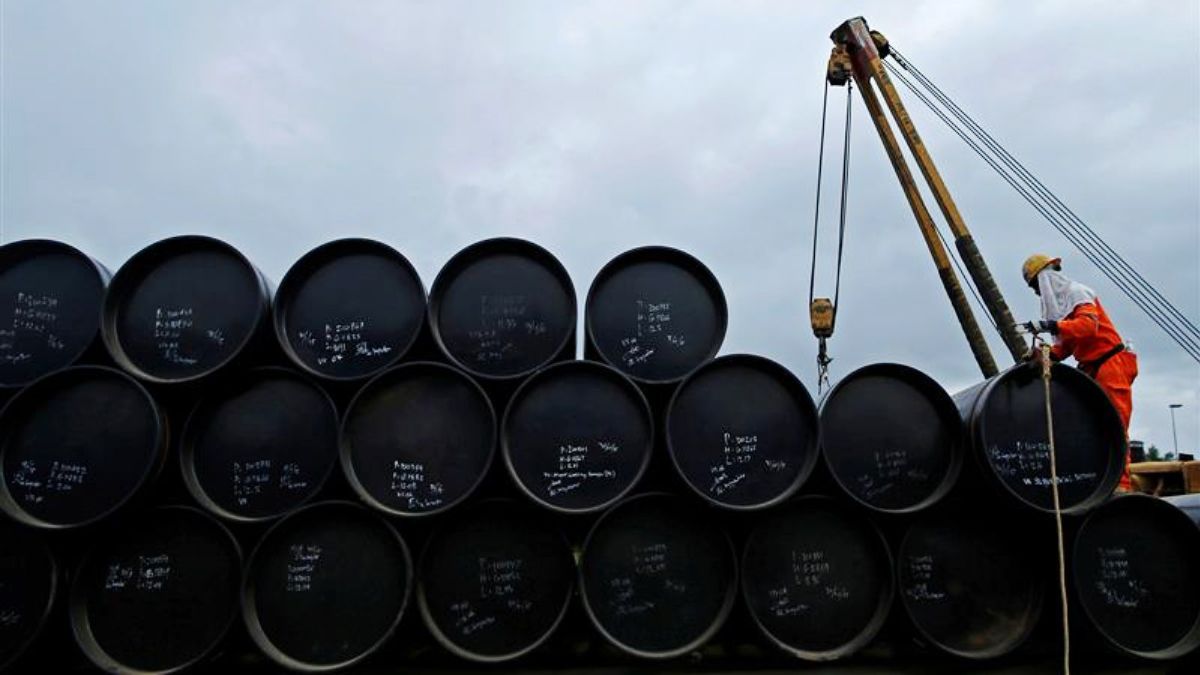China’s economic weakness, however, is causing market concern over a decline in demand prospects.
The prices of the oil stabilized on Tuesday after falling for two consecutive sessions due to the acceptance by Israel of a proposal to address disagreements blocking a ceasefire agreement in Loop eased supply concerns, while economic weakness in China continued to weigh on the demand outlook.
The content you want to access is exclusive for subscribers.
Brent crude was up 19 cents, or 0.24%, at $77.85 a barrel, while the more actively traded second-month WTI contract was up 19 cents, or 0.26%, at $73.85 a barrel.


“On the one hand, the lower liquidity in the oil market at present, and on the other hand, some of the comments of the Secretary of State, Blinken State on a possible ceasefire agreement in Gaza, prompting a liquidation of some hedge positions in the face of rising oil prices,” said UBS analyst Giovanni Staunovo.
US Secretary of State, Antony Blinkensaid on Monday that Israeli Prime Minister Benjamin Netanyahu had accepted a “bridge proposal” put forward by Washington to address disagreements blocking a ceasefire deal in Gaza, and urged Hamas to do the same. Brent had fallen around 2.5% on Monday, while WTI was down 3%.
“A ceasefire deal in Gaza now looks more likely than not, prompting market participants to discount risks of geopolitical tensions from oil supply disruption,” said Yeap Jun Rong, market strategist at IG.
Economic problems in the Asian giant
In China, Concerns about economic woes weighed on oil prices after a dismal second quarter.
The world’s second-largest economy lost further momentum in July as new home prices fell at their fastest pace in nine years, industrial production slowed down, the growth of the exports and the investment decreased and the unemployment increase.
“The main culprit is China, “The country’s economic woes are reflected in falling export figures, slow refinery operations and a waning thirst for foreign crude oil,” said Tamas Varga, an analyst at oil brokerage PVM.
Promising offer in Libya
On the supply side, production in the oil field Sharara from Libya has increased to around 85,000 barrels per day to supply the Zawia oil refinery.
The Libyan National Oil Corporation (NOC) had declared force majeure on oil exports from the field on August 7 after a blockade by protesters affected the field’s output of 300,000 barrels per day.
While in USA, Crude stockpiles were expected to fall by 2.9 million barrels last week, a preliminary Reuters poll showed on Monday.
Meanwhile, attention was focused on the path of the monetary policy of the United States Federal Reserve (Fed) and in clues about the strategy of the OPEC+, whose members are due to begin unraveling a layer of production cuts in the next quarter.
Source: Ambito




